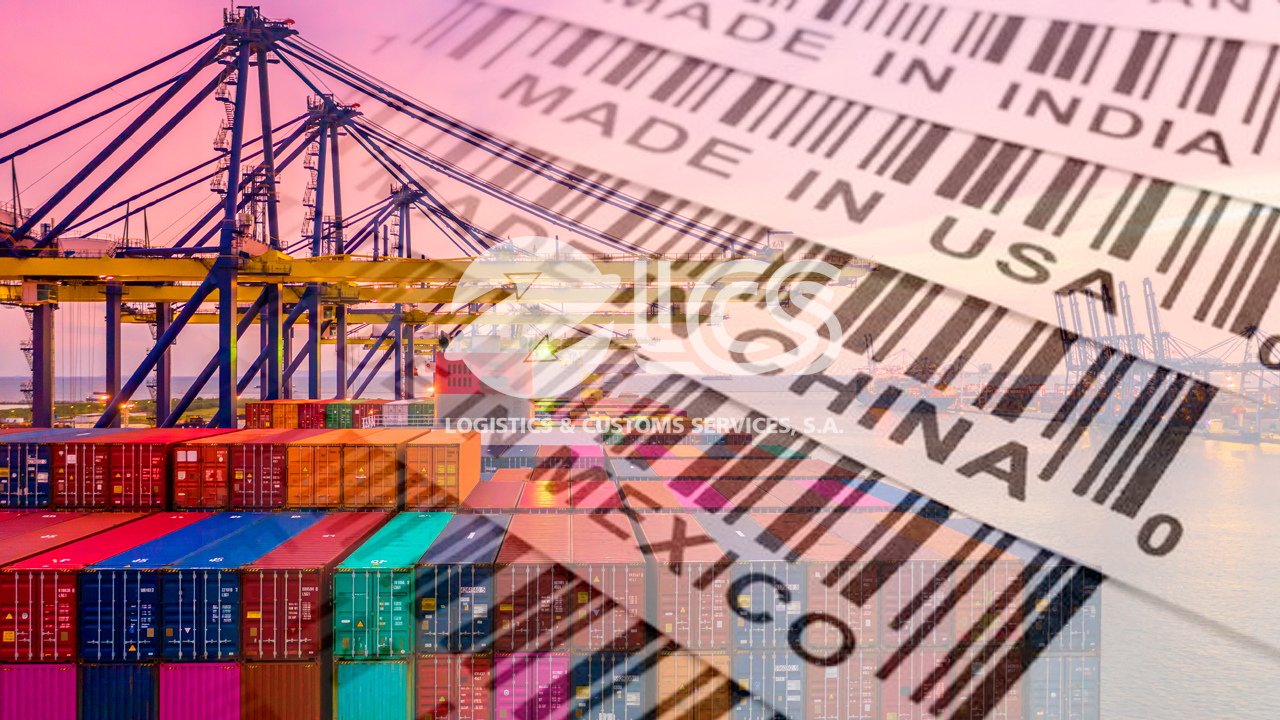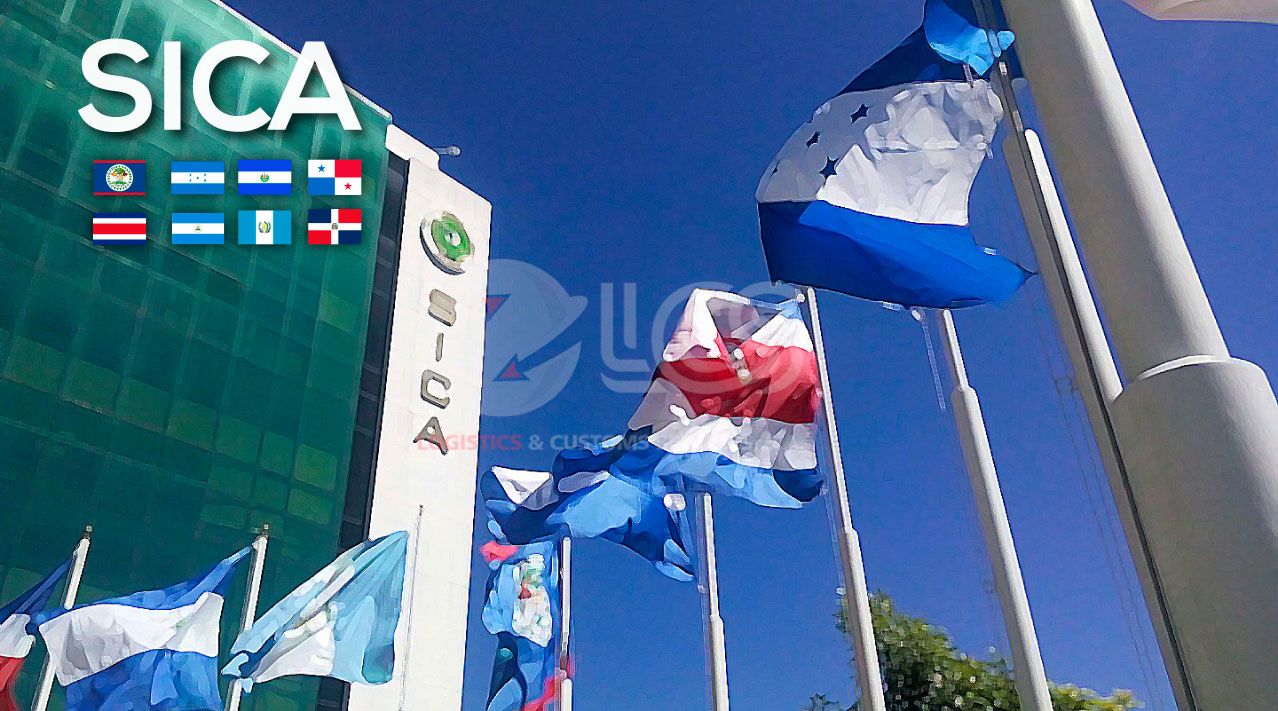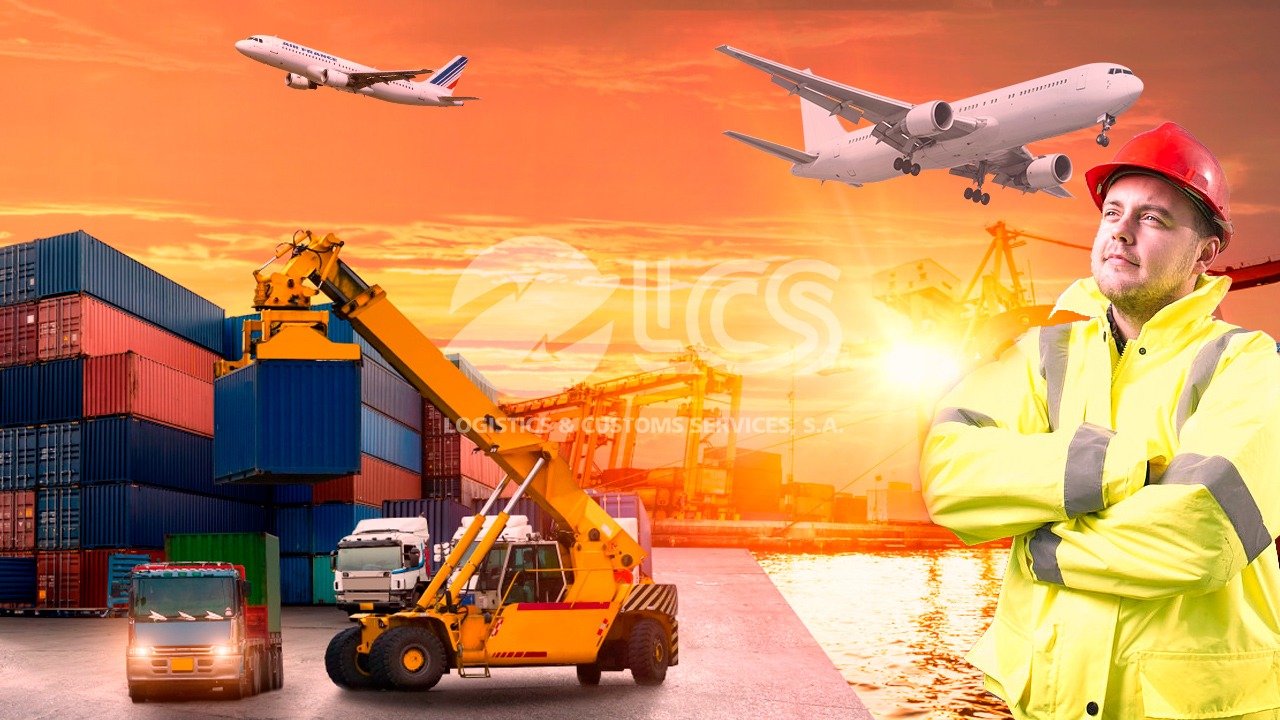Blog | Customs and Logistics
Panama's first customs and logistics blog
Panama's first customs and logistics blog

Today it is not easy to determine the origin of a product in a context in which raw materials, parts and loose pieces travel the world from one end to the other as inputs destined for industrial facilities that are spread all over the globe. That is precisely why it is important that rules of origin are specified to attribute a country of origin to each product.
The rules of origin are a set of criteria and technical configurations, mainly in Free Trade Agreements (FTA), which determine the origin of a product, in order to establish whether it can receive preferential tariff treatment or demand additional or different requirements to that received by products from countries that are not part of an Agreement, based on a specific policy of the country they enter. Thus, the distinction between originating and non-originating products is established.
These rules are based on establishing minimum requirements in the production, manufacturing, elaboration or transformation that a product must go through in order to be considered originating in a country, in order to enjoy preferential tariff treatment, or not be subject to a penalty for unfair treatment, or demand additional requirements for its nationalization.
In international trade, origin can be defined as the economic nationality of a specific product. Every product that is part of the international trade must have an origin when declared to the customs authorities at the point of import, in order to determine any tariff preference or additional requirements for its nationalization.
The Rules or Certificates of Origin are divided in preferential and non-preferential.
The non-preferential ones have the objective of distinguishing local from foreign products for the application of trade policies, as: anti-dumping measures, safeguard measures, countervailing duties, phytosanitary measures, among others.
The preferential ones are those applied within a Free Trade Agreement in which the member countries mutually grant preferential tariff treatment, guaranteeing that only the originating products benefit from it.
In the case of preferential rules or certificates of origin, two or more countries may define, within the Agreement, the terms of the rules of origin that will be reciprocally applied to trade in products subject to preferential tariff treatment.
To determine if a certain product within a Trade Agreement is an "originating product", the following two basic criteria are used:
Entirely obtained or produced in the territory of one or more Agreement countries from materials obtained or extracted in the territory, manufactured materials or processed natural resources, for example:
A product can be originating even if the raw material with which it is made comes from a country outside those of the Agreement, as long as there is a substantial transformation of this raw material towards the final product and this process is carried out in one of the countries participating in the agreement and in compliance with either of the following criteria:
To verify that a product originates from a country, and thus benefit from preferential tariff treatment established in a specific Agreement, it is necessary for the importer to present a "Certificate of Origin" to the customs authority.
The Certificate of Origin contains, among others, information related to the producer, the exporter, the importer; specifications about the product and its tariff classification; and the criterion by which the origin is established.
It is important to mention that in order to obtain this certificate, the interested party must present proof of origin that supports it, which will be determined by the method used and the negotiation applied for each product that has been negotiated within a treaty and that the They may vary in the different existing trade agreements.
In Panama, the Rules of Origin Department (Autoridad Nacional de Aduanas), the Department of Administration of International Trade Agreements (Ministerio de Comercio), and the National Directorate of Industries (Ministerio de Comercio) are the main regulators of the Rules of Origin
Panama only has preferential rules entitled to the protection of the different international trade agreements in force, and does not apply the criterion of non-preferential rules of origin.
It should be noted that the rules of origin are described in a chapter — which carries its name — in each Free Trade Agreement (FTA), and also in the chapters or segments regarding customs procedures.
In Logistics & Customs Services, we have a team trained and Suitable Customs Brokers to develop smart strategies when exporting or importing merchandise from or to Panama that allow you to access the benefits of the commercial relationship between Panama and the world, through the criteria of rules of origin..




We are a customs agency that offers personalized services for the management of imports, exports and procedures with institutions, derived from the development of international trade.
We have a highly qualified staff for handling all types of customs procedures, trained to provide convenient and effective solutions in each of our clients´ operations.
Contacte a su corredor de aduana en Panamá
Ave. Ricardo J Alfaro, Edificio Century Tower, Piso 9, Oficina 918.
261-6530 / 261-6104